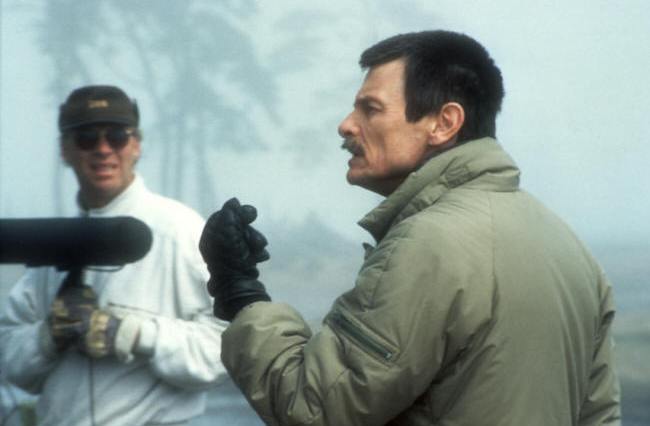
Let me start off by saying that this should in no way be considered the final word but rather the beginning of a long discussion. There are so many great directors out there that it’s almost ridiculous to narrow it down to only 10.
For that matter it’s seemingly ridiculous to give all the credit of a film’s success to just the person who directed it because every film has thousands of people who make it what it is. But with that being said any director truly in control of their median knows exactly who to work with, how to direct their skills into their vision, and give a signature to their films that makes it their own.
There are many great examples I can point to in regards to the greatest auteurs in cinema history: from the beginning of film as an art form with the likes of Méliès and Griffith, to the innovators like Welles and Godard, to the modern influences of Spielberg and Tarantino. Needless to say this conversation can go on forever but for this current space of time and the mind frame of just myself these are the 10 Greatest Film Auteurs. (In Alphabetical Order)
1. Ingmar Bergman
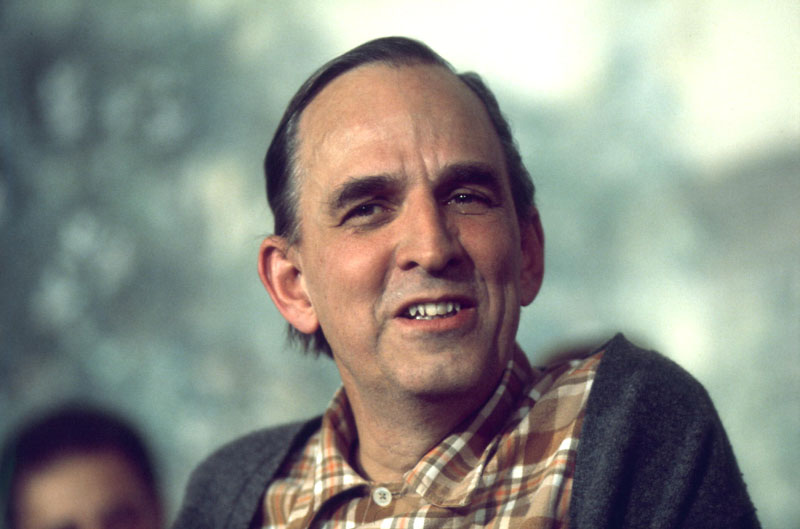
“Sometimes when I’m dreaming I think ‘I’ll remember this, I’ll make a film of it, it’s a sort of occupational disease.’” This quote by Ingmar Bergman better explains the fundamentals of his work than anything else. He was a dreamer, but more specifically the quote itself sets up a larger question. Being, could Bergman actually control his dreams while asleep? When you watch his films the quick realization one might have is that Bergman is filming the thoughts that lie in his subconscious. His films had a clear dream like haze to them, whether or not they took place inside a characters dreams or not.
The ideas of profound existential fears, sexual anxieties, demonic visitations. Bergman cited August Strindberg’s 1901 “A Dream Play” as a major inspiration. It was written after the playwright suffered a mental breakdown, it was praised for following a dream logic and calling towards modern Freudian psychology. Bergman’s films strived on this type of ambiguity, a fascinating dissection between dreams, reality, and psychology. And how much each one of them can intertwine with one another.
Bergman said “No other art medium, neither painting nor poetry, can communicate the specific quality of the dream as well as the film can. In a dream time and space no longer exist and cinema is uniquely equipped to alter viewers perceptions of those properties. An unconventional camera angle, an abrupt cut, an unexpected sound. The very basics of filmmaking can clue us in that what we’re watching cannot be trusted as real.”
When you watch his films like “Persona”, “Cries and Whispers” among many others it becomes abundantly clear that Bergman’s philosophy is that dreaming is cinema’s natural state. Whether it be the battle between life and death in “The Seventh Seal”, a reflection on one’s existence in “Wild Strawberries”, or any number of countless masterworks he made throughout his career. Bergman was a dreamer and could make dreamers out of all of us.
2. Federico Fellini

One of the strange facts of Fellini’s work was his own observations. He felt his greatest achievements were in the beginning of his career then he felt as though he had abandoned his craft in favor of personal reflection. Gone was the neorealism of his works like “La Strada” and then came semiautobiographical fantasies like “La Dolce Vita”, “8½”, and “Amarcord”.
According to Fellini himself his works got worse, delving into Christian and sexual roots of his mindset. It’s funny hearing this from the man himself because it couldn’t be farther from the truth, what we categorize as ‘Felliniesque’ was his fantasy dreams of his own life.
What better inspiration to draw from than one’s self? His early films in the wake of Italian Neorealism were good but were weighed down by the grounded material of reality. Fellini’s true calling card was fully realizing the capabilities of film, he preferred images over anything else because image is what gives films its artistic edge over any other art form.
Fellini’s early work is certainly nothing to write off though, “La Strada” and “Nights of Cabiria” are wonderful classics. But more so they convey the same ideas Fellini would demonstrate in his later films as well, the constant battle of body, soul, and mind.
His films, whether obvious or not, contained Christian ideology to punctuate the events that unfolded. “La Strada” deals with sins regarding mistreatment and abandonment. Many have theorized that “La Dolce Vita” is symbolically about the seven deadly sins, each one of its stories revolving around these very concepts.
And then of course later on he would make films like “Fellini Satyricon” which held nothing back in its depictions of sinful nature. But all of this was combined with an equal amount of personal reflection. Many of his films were extensions of the chapters in his life.
“La Dolce Vita” was a portrait of the sweet life he had come to live, “8½” was so autobiographical he might as well of named the main character after himself, “Amarcord” was a reflection of the vast memories he has from his childhood. For as much as Fellini was artist for visual flare, a lecturer of religious warnings, and an author of his own life. He was also an extravagant man who made the most of life at every turn.
3. John Ford
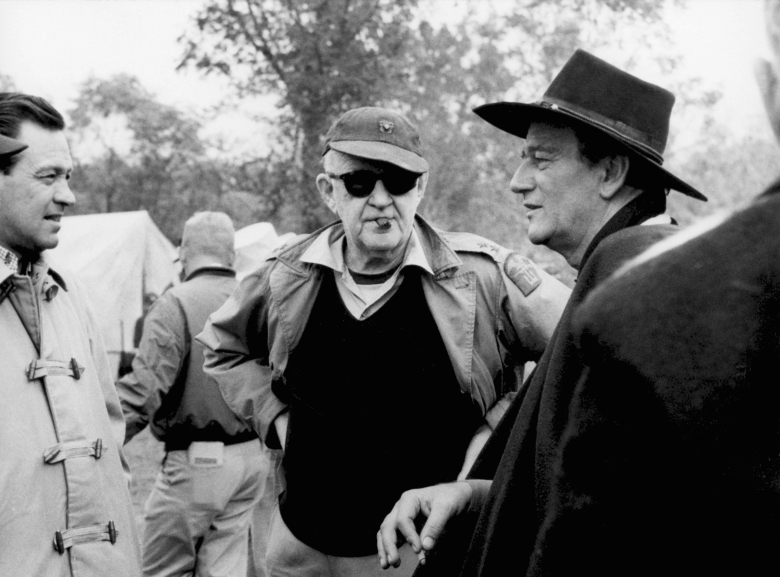
Orson Welles once said in an interview where he was asked who his favorite directors were “well I prefer the old masters by which I mean John Ford, John Ford, and John Ford.” If Welles is the innovator of the language of cinema then Ford is the innovator of the innovator. Ford’s vision of the American West in his many films has become the definitive look of our national identity, the size and scale of his craft is what paints the pictures of our Western culture.
In one single year he made “Young Mr. Lincoln”, “The Grapes of Wrath”, and “Stagecoach”. All of which are very different in genre, tone, and execution but encompass the same theme of his work in which it details a significant transition period in American culture from the old west, to the civil war, to the great depression.
While his stories were large in scale they were simultaneously personal with characters, Ford had a simple way of telling his stories that were easy to latch onto which makes his films easy to watch and understand. But he’s a master because of the technique that went into making his grander visions.
Everything in a John Ford film is pretty easy to follow from point A to point B, but away from each story beat lied a moment that raised a sophisticated question in regards to American culture. Such as the relationship between the White man and Native Americans during these challenging eras. Many have noted with “The Searchers” the idea of justified racism in the face of adversity following the Civil War.
Whether intentional or not, and knowing Ford it likely wasn’t unintentional, the ideals of some of his films probably haven’t aged well as society has progressed with time. But nevertheless is a fascinating study that intrigues to this very day.
When President Woodrow Wilson saw the screening of “The Birth of a Nation” he supposedly said “It is like writing history with Lightning. And my only regret is that it is all so terribly true.” That was in regards to Griffith but I feel this can be applied to Ford as well. Regardless of whether it was politically correct or not, his works were a summation of history as it was happening.
4. Alfred Hitchcock
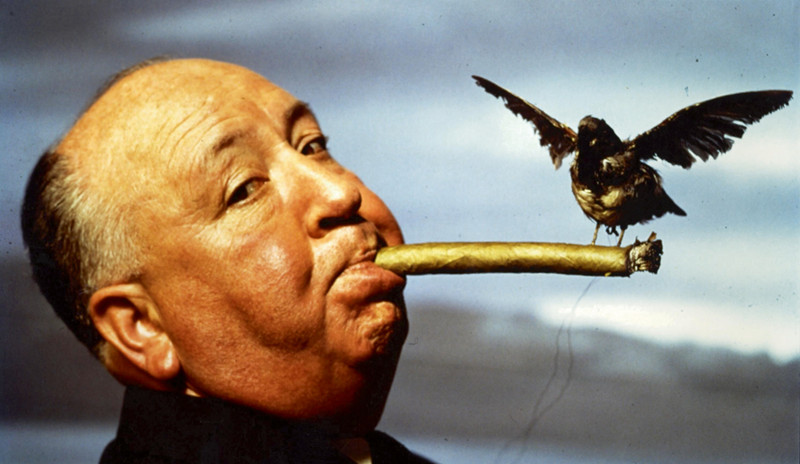
No matter how much I think I’ve got it I’m not sure what the secret behind Alfred Hitchcock is, and I’m not convinced anyone truly does either. While so many other great talents from his time seem to fade away Hitchcock has only gotten more popular, not to put anyone down but when’s the last time you heard a name like Cecil B. DeMille mentioned in casual conversation? Hitchcock understood his audience better than any director ever has, knowing exactly how to play off their intellect as well as their emotions.
William Friedkin is known for saying “don’t waste your time at film school, just go see Alfred Hitchcock’s movies. You’ll learn the techniques now it’s just a matter of finding your own voice, it’s what I did.” Hitchcock’s body of work encompasses nearly everything you could ask for.
He’s known for being “The Master of Suspense” but that’s very unfair to his skills, he was capable of far more than merely scaring us. Hitchcock’s old saying was that he wanted to play the audience like a piano, and naturally he had a way of tapping into humanity’s most primal ways to truly move us around in whatever way he wanted us to go.
A lot of this ability came from his personal revelations in his films, a lot of what went into his films were what he felt. His deepest fears, his deepest flaws, his desire for control over others, and of course his fascination with blonde women.
Much of this can be seen in films like “Rear Window” where we see his way of being a voyeur who watches others through the eyes of a camera, or in “Vertigo” where a man forces a woman to be made up in his ideal fantasy image of a blonde haired ghost. But one of the true marks of genius in Hitchcock’s repertoire was his ability to create public perception of himself, he would appear in trailers for his films and cameo all the time.
Hitchcock lived in an era where directors were predominantly behind the camera and the stars were the main attraction. Hitchcock broke this mold by raising his mystique while also making everyone aware of who he was, the next thing you know his name was synonymous with the movies as much as James Stewart was. Hitchcock knew how to make everyone aware of who he is, even after he’s long gone. And that’s the work of a true master.
5. Stanley Kubrick
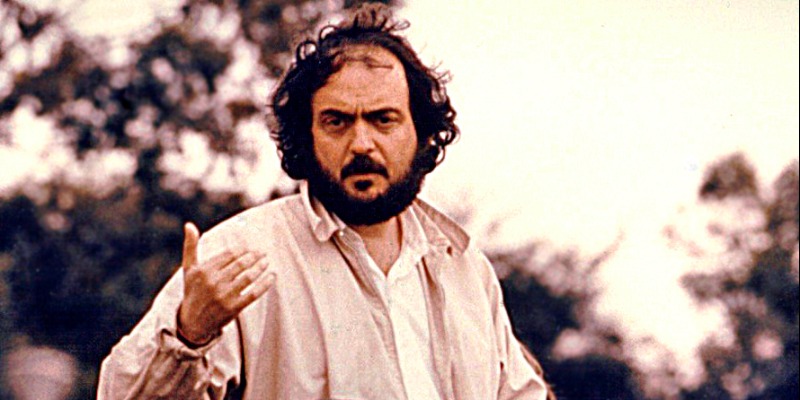
Stanley Kubrick was one of the most fascinating individuals who’s ever lived and wouldn’t you know it his films were pretty great too. Possibly more than any other director in history, Kubrick had a complete vision of what his films were meant to be and utilized every aspect of film making like a brush that creates a portrait. I’m sure there will be debate over this statement but there’s probably no other director who’s furthered the mythos of the cinematic art form than Kubrick did.
The mark of what makes an auteur is that even if you don’t know who directed a film you can tell just by watching it, and that’s exactly what Kubrick had. Growing up with Jewish heritage but shifting more towards atheistic views, Kubrick understood a vast amount of religious literature and always had a fascination with larger concepts in our universe. From a young age he went into photography and continuously perfected his craft and his eye for detail, which as we all know would come to serve him extraordinarily well.
With Kubrick’s breakout film “The Killing” continuing into the 1960’s with the likes of “Spartacus”, “Dr. Strangelove”, and “2001: A Space Odyssey” (among many others) it was apparent he wasn’t just another great director but rather a true genius who was raising the craft to another level.
The coolest thing about Kubrick’s abilities however was his diverse reach for genre. He showed the darkest of humanity in war films like “Paths of Glory” and “Full Metal Jacket”, told history with films like “Spartacus” and “Barry Lyndon”, made us laugh with “Dr. Strangelove”, scared us with “The Shining”, made us question the puzzling ethics of morality in “A Clockwork Orange”, and took us on the experience of a lifetime in “2001: A Space Odyssey”.
Each film is uniquely different but still encompass the mythos of Kubrick we know and love. That we can be a part of something much larger than ourselves, that transcends our lives and existence, and goes where others refuse to go.